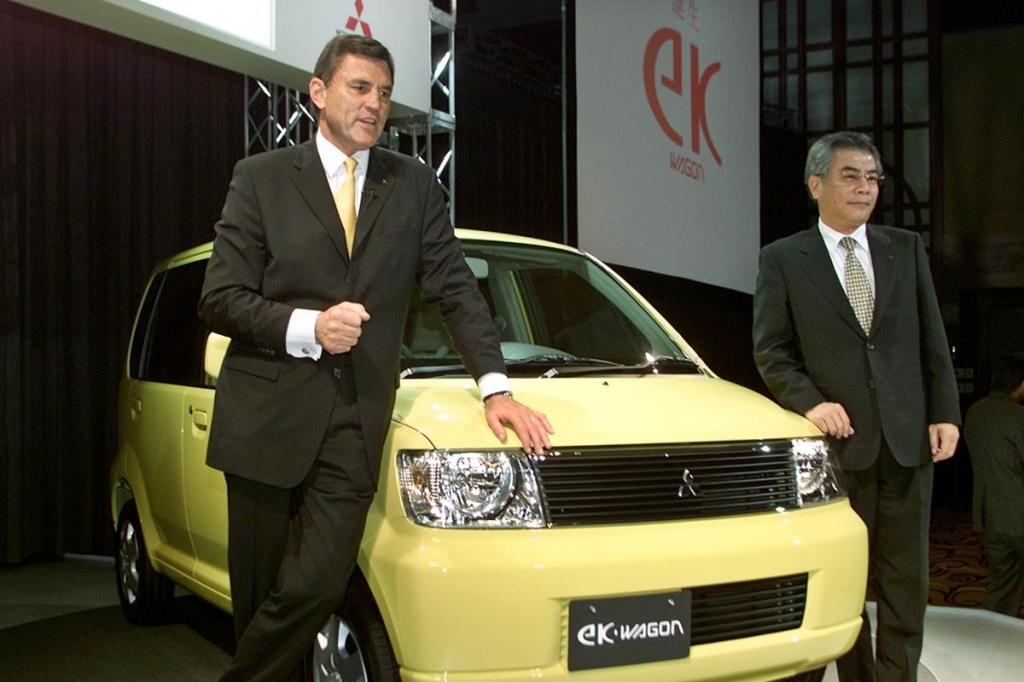-
Tips for becoming a good boxer - November 6, 2020
-
7 expert tips for making your hens night a memorable one - November 6, 2020
-
5 reasons to host your Christmas party on a cruise boat - November 6, 2020
-
What to do when you’re charged with a crime - November 6, 2020
-
Should you get one or multiple dogs? Here’s all you need to know - November 3, 2020
-
A Guide: How to Build Your Very Own Magic Mirror - February 14, 2019
-
Our Top Inspirational Baseball Stars - November 24, 2018
-
Five Tech Tools That Will Help You Turn Your Blog into a Business - November 24, 2018
-
How to Indulge on Vacation without Expanding Your Waist - November 9, 2018
-
5 Strategies for Businesses to Appeal to Today’s Increasingly Mobile-Crazed Customers - November 9, 2018
Mitsubishi Admits to Manipulating Fuel Testing for Decades
Japan’s Transport Ministry ordered Mitsubishi Motors to submit a full report on the test manipulation within a week, and for other Japanese automakers to also submit fuel economy test data by May 18.
Advertisement
Last week, the company admitted to falsifying fuel economy information for four models of mini cars that were only sold in Japan.
It has also said that more models may have used tests non-compliant with Japanese standards, prompting concern about ballooning potential compensation costs and fines.
The Japanese carmaker said the cheating over fuel economy figures dates from 1991 and more than 620,000 cars are affected, as it admitted the practice to its country’s government.
Mitsubishi originally said the affected models were limited to the Mitsubishi ek Wagon and ek Space, and the Nissan Dayz and Dayz Roox.
Mitsubishi Motors is scheduled to report its fiscal fourth-quarter results on Wednesday.
The automaker has said that it had been compiling data for fuel economy tests using US standards, where higher-speed, highway driving is common, rather than Japanese standards, which are set to reflect driving in the city, where the need to stop more often means more fuel is used.
He said so much was unknown that it is uncertain what action the company will take. In the USA, high-speed highway driving is common. Nissan first found the discrepancies while working on development for the next-generation mini-cars, which Mitsubishi manufactures.
The company had previously vowed to come clean after a huge scandal emerged 15 years ago in relation to a systematic cover-up of vehicle defects. “Although the two companies are facing different problems there is a fundamental issue with public trust in the vehicle industry”.
“Driving resistance data were obtained for that fuel-economy grade using a ‘high-speed coasting test, ‘ which differed from the coasting test required by the applicable laws and regulations in Japan”, the automaker explained in a statement. As an apology, Aikawa and the other company executives bowed down before the media.
Advertisement
Company president Tetsuro Aikawa said the situation was “very serious” but said he had no plans to resign immediately.





























